
Let’s establish one thing: there are few people in this world who are truly “too busy” to do something for a spouse for their birthday. If someone works 100 hour weeks at three minimum wage jobs while trying to care for multiple children and a disabled parent, that person is legitimately too busy to do much beyond try to survive. Most of us, though, are not quite that pressed for time. Even if our finances are extremely stretched, there are creative ways to come up with free gifts for our spouses if we choose to put the effort into it.
In this situation, though, this particular politician is quite wealthy. While his actual wealth is debated, it’s at least in the millions. He also has multiple personal assistants who work for him. For him, it’s quite possible to hand one of those assistants a credit card, tell them to call Tiffany’s (or whatever the preferred jewelry store of his wife is) and ask them to send over a pair of earrings from this season’s line that cost under X dollars and are preferably in a certain stone. The husband can then inspect the jewelry before presenting it to his wife on her birthday. Or if this man wanted to get his wife something less commercial than jewelry, he could make an online donation to a charity which she supports in her honor. Really, he’s not too busy to make that request of his assistants (or possibly do it himself), and his funds and situation actually allow him more flexibility than most of us even if his time is limited.
When someone says, “I’m too busy” to do a particular activity, what they are actually saying is, “That’s not important to me and I won’t prioritize doing it.” For this man, getting his wife a birthday present was simply not a priority for him. He didn’t care about her birthday or doing something to make her happy. While most of the country suspects they are not a happily married couple, actions like this help to cement the fact that he is not making true efforts to show her she matters.
The next time someone hurts you by saying that they are “too busy” for you, stop and think about it. Are they really too busy? Or are you just not a priority for them? If it’s the latter, then it’s time to reevaluate your relationship with that person. If your romantic partner is constantly “too busy” to spend time with you or to do things for you that are important to you, consider seeing a couples therapist together (which they may very likely object to on the “too busy” grounds as well). If it’s a friend who is always too busy for you, then take some time to let go of your hopes of that friend being there for you in the ways you want and put your friend a little further down on your list of people to associate with. Spend your valuable time with those who aren’t “too busy” to enjoy being around you.
©2018 Elizabeth Galen, Ph.D., GreenHeartGuidance.com

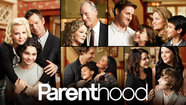

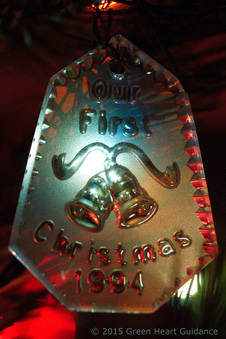
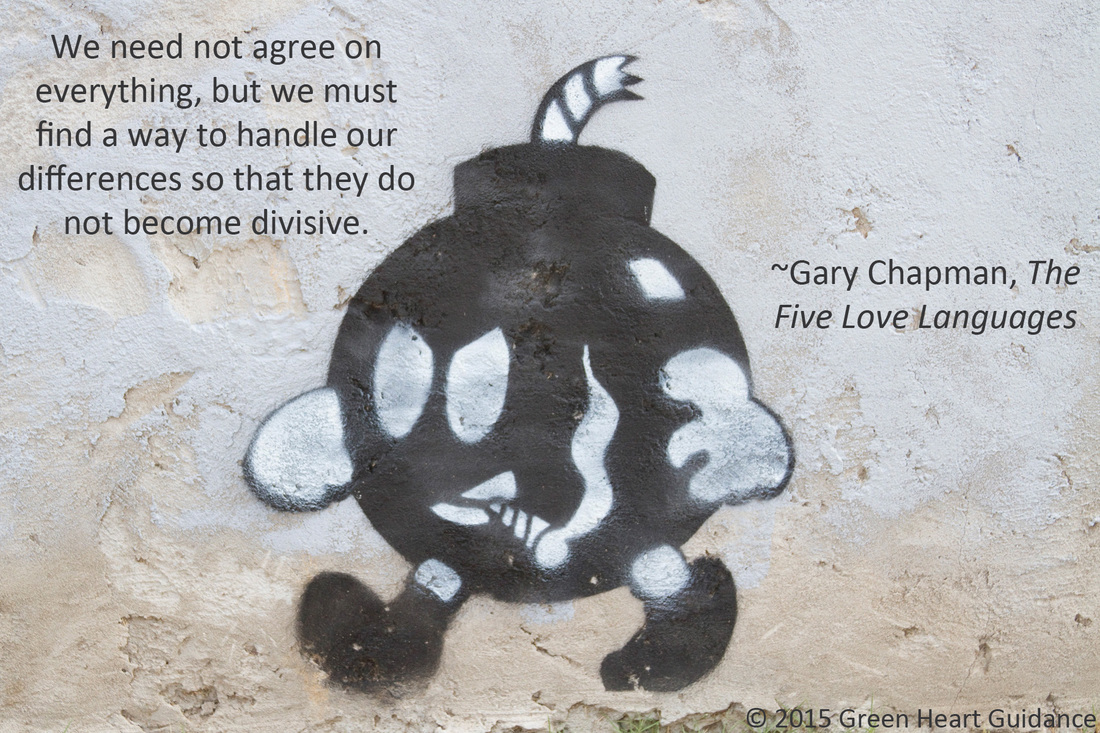
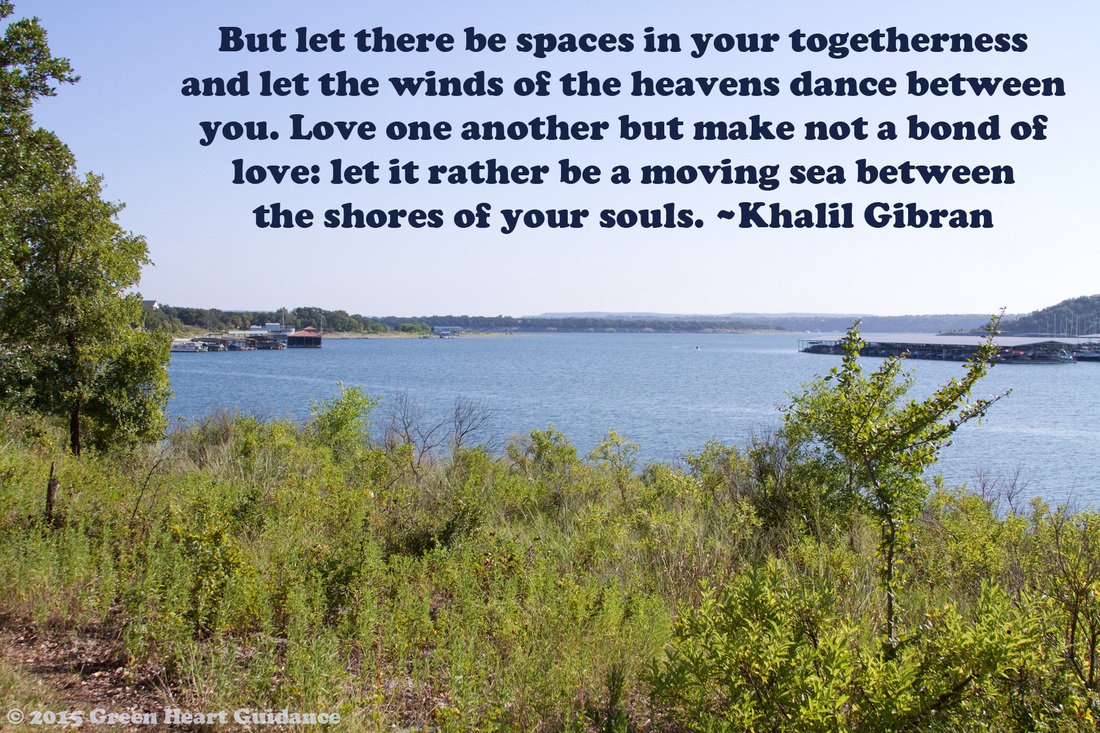
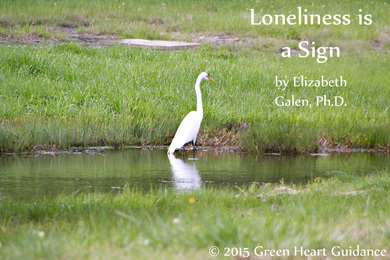



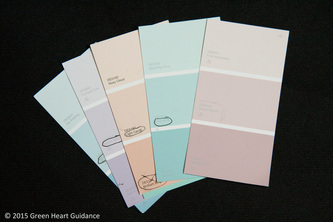

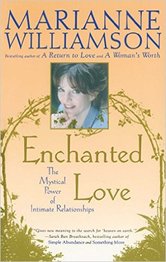









 RSS Feed
RSS Feed